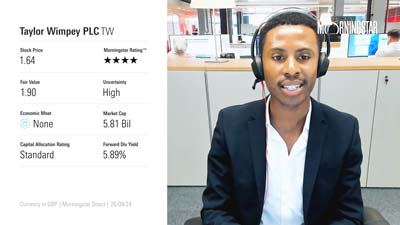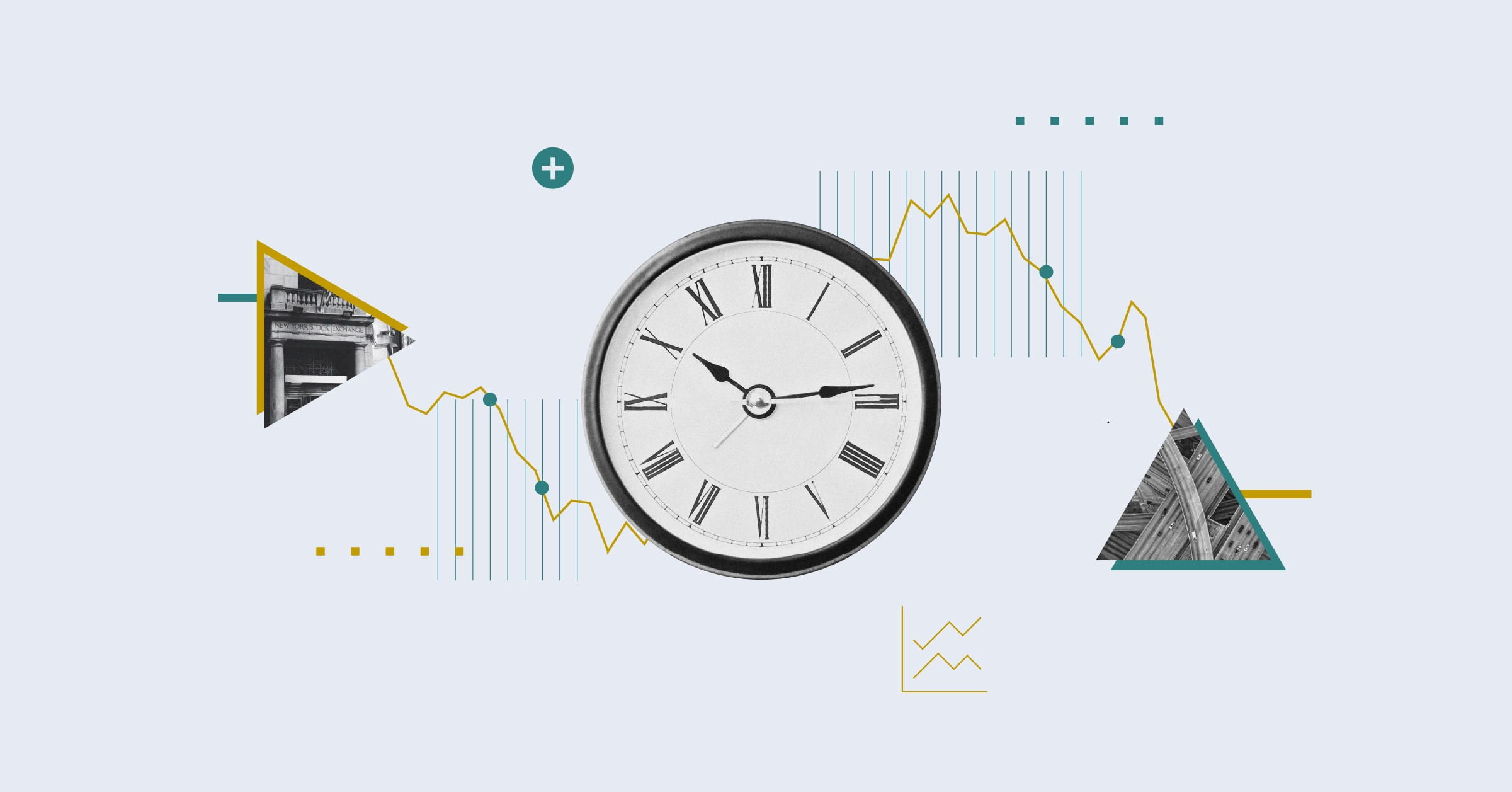Last week it was announced that Schroder Asia Pacific (SDP) will be dropped from the FTSE 250 index and the fund's discount subsequently widened on the news. But does this fact alone make any difference for investors? Is it a reason to panic-sell or an opportunity to buy? In this article we will look at examples of funds that have previously moved between different categories of the FTSE All-Share index - FTSE 100, FTSE 250 and FTSE Small-Cap - and an impact this had on those funds.
Foreign & Colonial Investment Trust (FRCL) is one of the oldest investment trusts and one that made it to the FTSE 100 blue-chip index. Last time it was in the blue chip index, was in 2009, although only briefly, for six months. The fund entered it in March 2009 and was dropped back to the FTSE 250 index in September that year.
At the time it joined the FTSE 100 index, it was trading at 3.9% discount; within the next couple of days it moved to premium; but that did not last long. Indeed, two weeks later the fund was trading again at some 6% discount. This widened further, to double digits, by August and peaked at some 16% by mid-September, a couple weeks after the fund was dropped back to the FTSE 250; subsequently it had traded around 10% discount for the next few months.
Indeed, other funds that moved between different categories of the FTSE All-Share index followed the same pattern. Fidelity Special Values (FSV) was dropped from the FTSE 250 index in September 2011 and saw its discount widening for a brief stint only. Conversely, John Laing Infrastructure Fund (JLIF) joined the same index three months later, in December 2011, and saw hardly any change to its premium. The fund was already in vogue by then; there was an excess demand for its shares, thus it had been trading at a premium.
Being a constituent of a FTSE index could be a matter of prestige, but in reality it does not seem to have a big impact on the fund's well-being. The discount effect tends to be short-lived; trade volumes might increase if the index is followed by tracker funds, which consequently will sell out or purchase shares of the trust. However for long-term investors, the fund's joining or leaving an index alone, makes no difference, or if anything, provides an opportunity to top-up ones shares.































